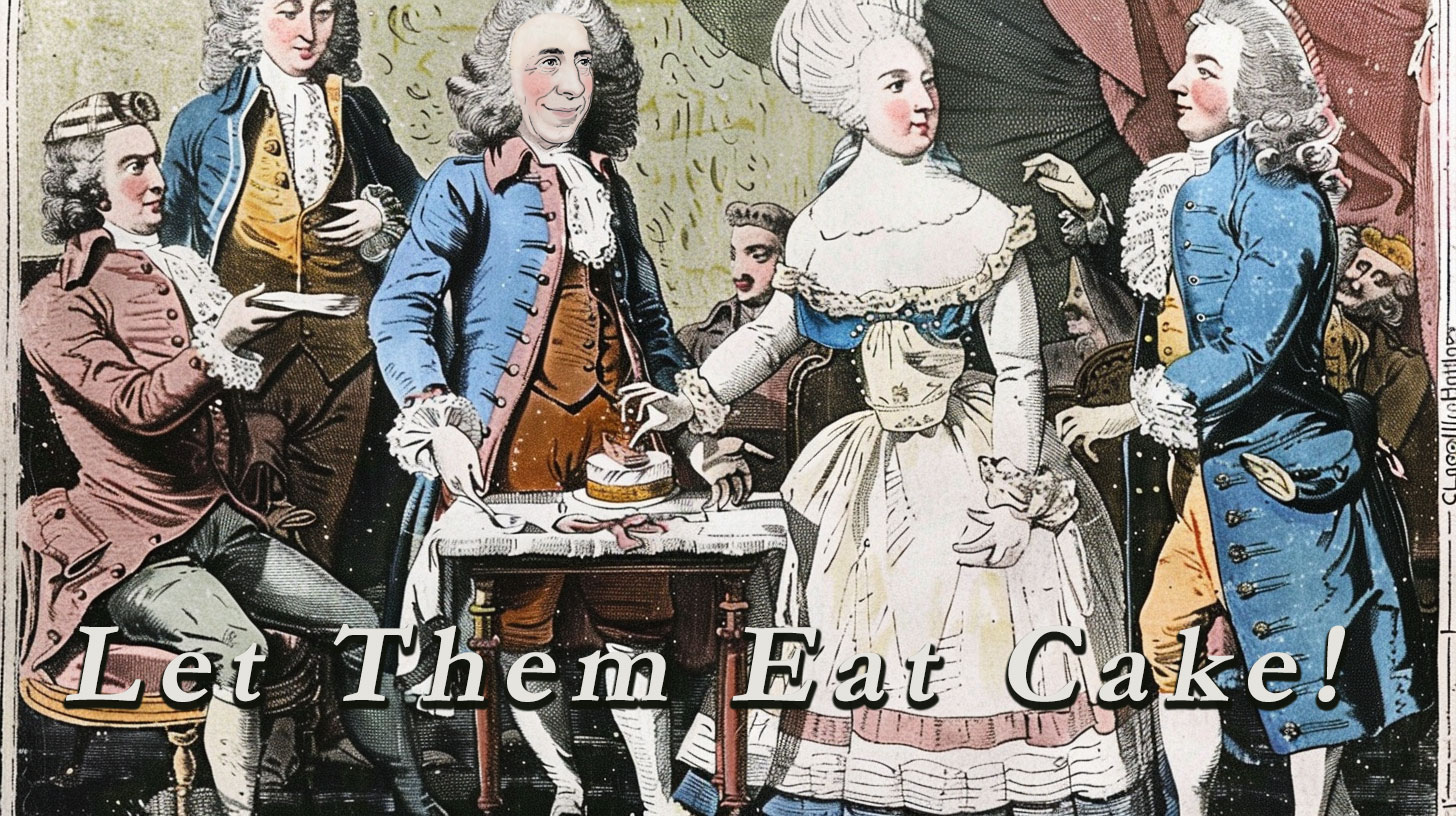Table of Contents
Arbitration Victory for Bargaining Unit Employees
This article is for those who missed the town hall for bargaining unit employees at the Board of Veterans’ Appeals, where we discussed our recent arbitration victory. The arbitrator found that the Board violated the law and our collective bargaining agreement by unilaterally changing the Productivity element in the attorney-advisor performance plan, as well as the promotion criteria, by requiring attorneys to consistently meet the pro rata annual goal every pay period – the requirement that attorney be “consistently on pace.”
Back Pay Resulting from Arbitration Victory
As a result of the Board’s violations, many attorneys will be receiving back pay.
Unfair Labor Practice Regarding Performance Standards
Testimony and documents obtained during the arbitration revealed an organization that is overly managed and under-led, with poor communication, a lack of trust, and very little integrity among senior leaders. For instance, we were shocked to learn for the first time that Deputy Vice Chairmen (DVCs) had privately decided last year that being three weeks behind on cases or issues was considered unacceptable performance, warranting a performance improvement plan (PIP), which is the first step in removing an employee for a performance-based action. Shockingly, this newly created standard was never communicated to the Union, or the impacted attorneys, or even the Veterans Law Judges. The arbitrator found that this constituted an Unfair Labor Practice.
Waiver Scheme and Arbitration Victory
Another Unfair Labor Practice was the Board’s underhanded waiver scheme, in which management, without notice to the Union, began pressuring attorneys to waive their statutory and contractual rights at the time of their grade promotions. In addition to failing to notify and bargain with the Union over the waiver scheme, each Veterans Law Judge who discussed waivers directly with attorneys was engaging in bypass (bypassing the Union), which is prohibited. Only the union may bargain on behalf of bargaining unit employees. In my twelve years as a Union advocate, this was one of the most shocking displays of contempt for employees I have ever witnessed.
Lack of Leadership Courage Highlighted by Arbitration Victory
The lack of courage by senior leaders was equally appalling. The Board made a strategic decision not to call DVC Santoro as a witness to defend his position as the deciding official of the step-3 grievance, even though he had a front-row seat to witnesses testifying about the Board’s violations. Instead, DVC Santoro chose to hide behind DVC Scharnberger, who did testify, preferring the comfort of the spectator’s seat over the witness stand. That the deciding official chose to serve as an observer rather than a witness speaks volumes.
Violation of Federal Law on Promotions
The Board flagrantly violated federal law—which they, as career bureaucrats, understand—that an agency’s selection of an employee and the placement of that employee in a career ladder position constitutes the agency’s decision to promote that employee noncompetitively at appropriate stages in the employee’s career, up to the full performance level of the position, once the requisite conditions have been met.
Downgrading of Attorney-Advisor Position
Additionally, though not part of the arbitration award, let’s not forget that the Board recently downgraded the attorney-advisor position from a GS-14 to a GS-13.
Disrespect and Deception by the Board
The question is why go to such extremes to deny promotions to which employees are entitled? It’s well understood that actions speak louder than words. It’s crystal clear that the Board does not respect attorneys, as they go out of their way to take money from the pockets of hardworking, dedicated attorneys who understand the job because they do the job. In doing so, the Board’s leadership team lied – the arbitrator found that the Board’s witnesses lacked credibility – and deceived employees and the Union while violating federal law.
Disparity in Leadership Compensation
Meanwhile, last year the Vice Chairman made more than the Vice President of the United States, with his $25,000 bonus, while the Chairman complains about his salary being too low. Boo-hoo.
Call to Action
I urge everyone to complete the All Employee Survey (AES).
To download the full text PDF of the Arbitration Award, please click here or click the button below.





